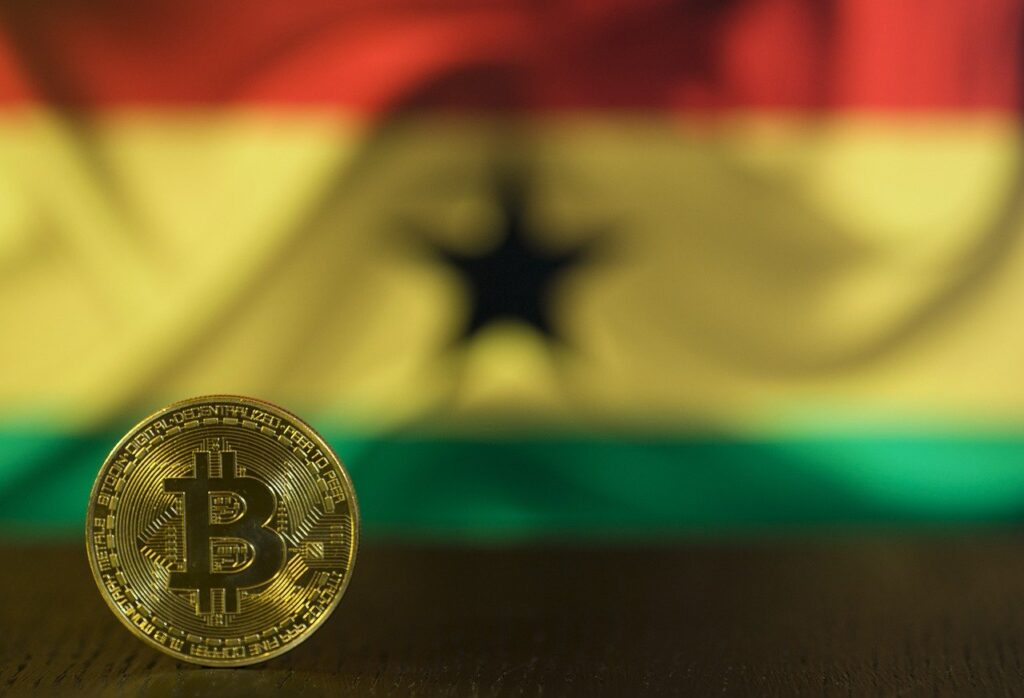The Bank of Ghana has announced plans to launch the testing of its first digital currency, the e-cedi, later this year in September. The Central Bank Digital Currency and is expected to operate in a testing phase before being introduced to the public as legal tender for financial transactions.
According to Dr. Ernest Addison, the governor of the country’s central bank, the new proposed digital currency will be implemented after testing confirm that it is suitable to introduce into the Ghanaian economy. “We were one of the first African Central Banks to indicate that we were working on a digital currency and were considering the concept of an e-cedi.” During a press conference in Accra, Dr. Addison stated that the e-cedi has now finished the first step of the procedure, in which a centralized committee created and finalized the design.
The first part of the procedure, in which a centralized committee produced and finalized the design, has now been completed by the e-cedi. The digital currency is now in a limited implementation phase, which means that it will only be accepted by a limited number of online transactions if it is used to make a payment.
According to Dr. Addision, the Central Bank of Ghana will evaluate if it is realistic to distribute the digital currency on a larger scale based on the implementation phase. “We will be able to judge whether this is realistic and what sort of things need to be tweaked to make it function efficiently,” he said,
He further revealed that: this digital currency movement provides a chance to move customers away from decentralized cryptocurrency (such as Bitcoin) and toward a far more secure and controlled digital currency, providing users with better safety.
The Bank of Ghana’s First Deputy Governor, Dr. Maxwell Opoku-Afari, indicated that the bank has begun working on a Central Bank Digital Currency (CBDC) pilot plan with the goal of “transforming the economy into a cash-lite environment.” At a recent workshop, Dr. Opoku-Afari stated that the plan will be piloted in September of this year.
The CBDC’s primary goal will be to promote financial inclusion in Africa, while also working to improve the payment system’s efficiency and stability. “We need to take time to create it with all the security features,” he continued. “So we launched it in a trial stage with what is normally known as sandbox to study the system before we offer it up to the public.”
A digital currency, according to Opoku-Afari, “is part of the central bank realizing the need for digital payment and digital delivery of financial services,” and a CBDC will serve as a platform for adding value to digital transactions.
Despite the fact that cryptocurrencies are currently banned in Ghana, the First Deputy Governor announced the formation of a committee to study the market. Ghana’s CBDC testing comes after Nigeria’s announcement of its own CBDC, which is anticipated to be ready by the end of 2021.
Tanzania’s crypto restriction was recently lifted in response to President Samia Suluhu Hassan’s decree.
The country is currently investigating how it may profit from blockchain technology. South Africa is now researching and developing its own digital currency, whereas China already has one in the form of the digital yuan, which has been in use for some time.











